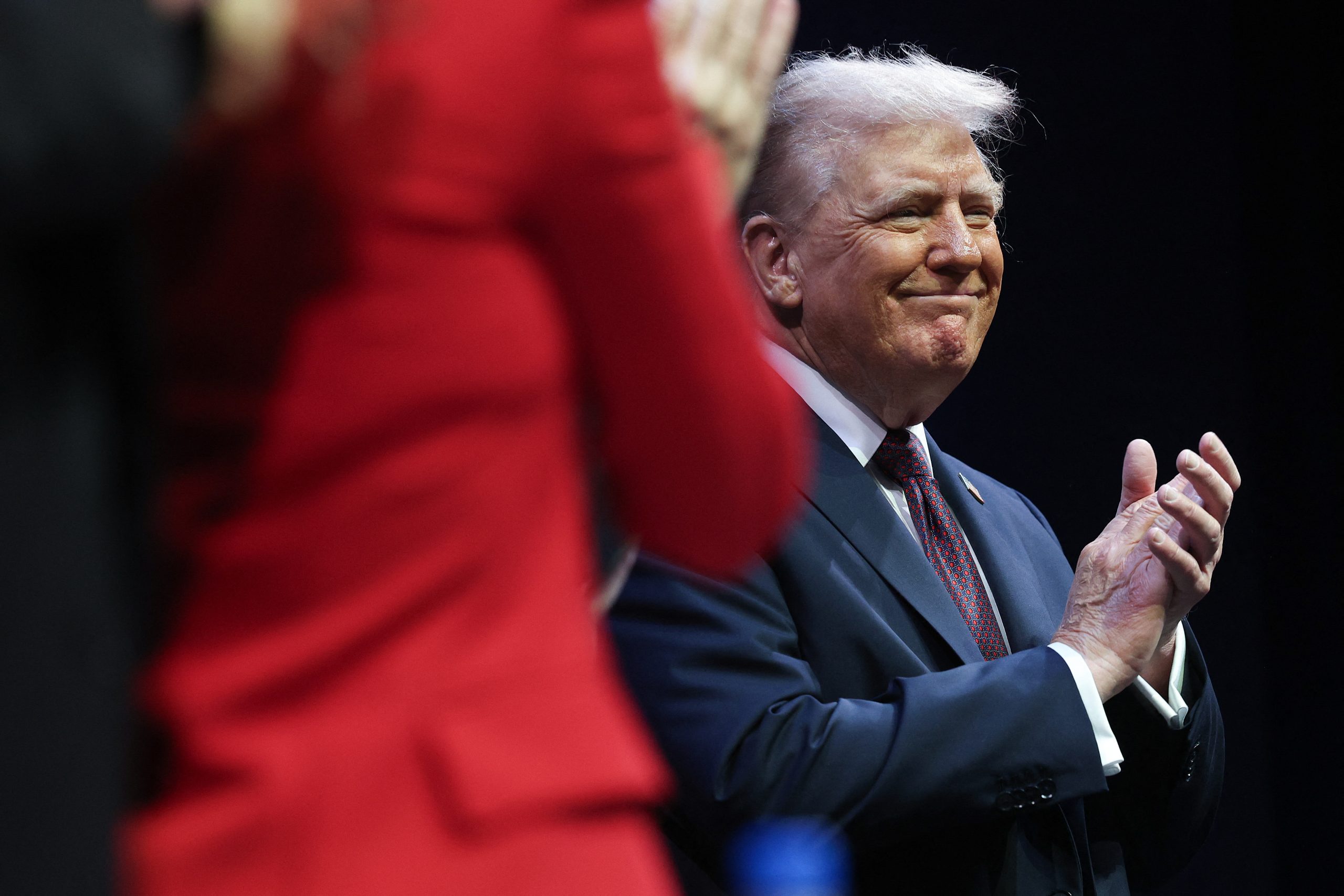National Bureau of Statistics has stated that the country’s oil and gas industry failed to draw any foreign investment for the first time in Q2 2021 despite the worldwide push for cleaner energy.
According to the NBS’s “Nigeria Capital Importation Q2” report, between January and June, the Federal Government was unable to persuade IOCs to make investments in the oil and gas industry.
According to the report, the country experienced no foreign capital imports into the industry during the time under review.
Nigerian President Muhammadu Buhari made a commitment to achieve net-zero by 2060.
IOCs, which include the majority of indigenous oil companies, have rebranded from full-fledged oil and gas to energy enterprises as a result of the net-zero race.
The Organisation for the Petroleum Exporting Countries reports that due to low investments, Nigeria’s crude oil production has significantly decreased, particularly since COVID 19. It was approximately 900,000 barrels per day in September of last year, and it only increased to about 1.3 million barrels per day in September of this year.
The president of the Nigerian Association of Petroleum Explorationists, Elliot Ibie, responded to the decline in investment in the industry, stating that it was not because of the energy transition and divestment that IOCs and NOCs were making fewer investments in the sector.
“It all started after COVID 19, coupled with security challenges, pipeline vandalism and oil theft and slowness in passage of the Petroleum Industry Act,” he said.
According to NBS, Nigeria’s capital imports in Q2 2023 totaled $1.03 billion, which is 32.9% less than the $1.54 billion reported in the same period of 2022.
Compared to the $1.13 billion reported in the prior quarter, it was somewhat less.
According to NBS, loans made up the majority of foreign inflows into the country in Q2, making up 74.9% of all capital imports.
NBS estimated that 8.4% of the country’s foreign inflows came from foreign direct investment, worth $86.03 million, and 10.4% came from foreign portfolio investments, worth $106.85 million.
More than 90% of the country’s foreign exchange profits come from the oil and gas industry, which has historically been the government’s main source of funding.
However, in Q2, foreign inflows were highest in the industrial sector ($655.04 million), followed by the banking industry ($94.58 million) and the stock market ($68.63 million).
The Italian corporation Eni recently decided to sell its Nigerian subsidiary Agip Oil Corporation to Oando, joining the list of IOCs that have sold their oil and gas holdings in Nigeria.
A British research and consultancy organization called Wood Mackenzie claims that foreign oil companies have divested £871 million in Nigeria since 2020.
Recently, President Bola Tinubu told Shell Petroleum Development Company that luring in investments was “a promise I made personally to Nigerians.” I will keep my word to the Nigerian people, no matter what it takes.









